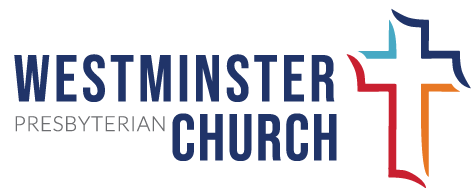A few years into my time working with the students and families at Westminster, something amazing happened. People began to trust me. Suddenly more students were asking, “Hey, can we talk for a second?” and more parents were calling with questions like, “How do you think my son is doing?” It was the kind of ministry I loved doing more than any other. After just a few months I realized one very important thing: I wanted to be better at this. I didn’t know what to say to students in really hard situations, I didn’t know what questions to ask parents, I didn’t know when to talk and when to listen – if I wanted to continue doing this type of ministry, something needed to change. That year I began my work to earn my Masters Degree in Counseling.
Not only did my graduate work open doors to the counseling and therapy world, I also learned lessons that have been invaluable to my work in ministry. It is through some of these lessons that I’ll be writing over the next several weeks.
As I mentioned in a recent sermon, my mind works in metaphors. I have a tendency to look at the world and pick up similarities and patterns from one thing to the next – these similarities generally help me to understand both objects of comparison more fully. One such instance that has struck my interest is the similarity between human and faith development. According to Erik Erikson’s model of human development, there are 8 stages that each of us will pass through in our lives. Part of what makes Erikson’s model interesting is that it encompasses the entire lifespan of an individual, covering stages from birth to death. Over the next five weeks we’ll touch on 5 of Erikson’s 8 stages and how I believe they correlate to faith development.
Erikson’s first stage is labeled Trust vs. Mistrust. The very first question that any newborn seeks to answer in the world is, “Are there people that I can trust; am I OK?” Unfortunately not every child is able to answer, ‘yes’ to these questions, and instead learns that life is random, that trust is inconsistent if it is to be found at all.
Doesn’t it make sense that this be the first question we answer in a new faith? Can I trust God? I think that (maybe without ever knowing it) everyone is asking this question on some level. A healthy and vibrant faith needs to be centered on the fact that we serve a loving and caring God who pursues and desires us. We need to feel comfortable with God, understanding that he leads us by still waters and toward green pastures, that he provides for us. This is especially important when we find ourselves not in green pastures, but instead in the valley of death. Real, deep trust says, “God, I know that you are with me and that you care for me even when I can’t see you and things seem their most grim.”
We hope to find more and more of our students and members here at Westminster with this deep and pervasive kind of trust. The kind that isn’t dependent on day-to-day circumstances, but is instead built on the belief that God is in fact trustworthy.
Next week we’ll look at the question, “Do my actions matter?”
blog comments powered by Disqus